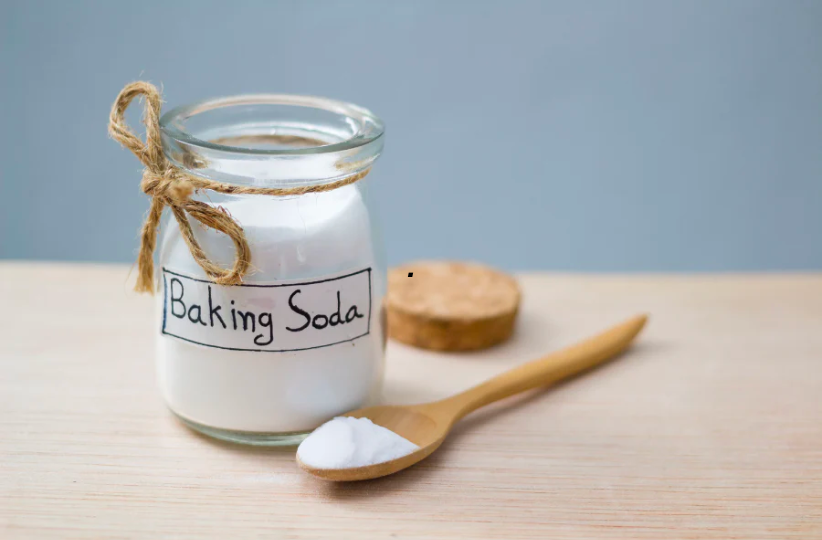In the world of culinary and cleaning circles, the terms "bicarb," "baking soda," and "bicarbonate of soda" often dance interchangeably, causing a bit of head-scratching for many. What's the real scoop behind these seemingly different names? Let's break down the confusion and unravel the chemistry that unites them all.
One and the Same
All the following are all common names for that same chemical compound sodium bicarbonate.
Sodium Bicarbonate:
(IUPAC name: sodium hydrogen carbonate), is a chemical compound with the formula NaHCO3.
Bicarb:
A colloquial abbreviation for bicarbonate of soda. It's used in everyday language but doesn't always indicate the specific use or context of the substance.
Baking Soda:
Another common name for sodium bicarbonate as it's used primarily as a leavening agent in baking.
Bicarbonate of Soda:
This term is synonymous with baking soda and bicarb, it's used mainly in British English
Not the same
Baking Powder:
Baking powder consists of a mixture of baking soda, an acidic ingredient (usually cream of tartar), and a starch to prevent premature reaction. This difference is why baking powder can work on its own to make your cakes rise, whereas bicarb requires an extra nudge from an acid.
So, what's in a name?
When it comes to "bicarb," "baking soda," and "bicarbonate of soda," the answer is: one essential ingredient with multiple uses. Whether you're whipping up a cake, unclogging a drain, or deodorising your shoes, remember that the versatile Bicarb stands by your side, regardless of the name you choose to call it.
Embrace the linguistic diversity, knowing that no matter what term you use, you're tapping into the magic of a remarkable chemical compound that enhances your culinary creations and cleaning endeavours alike.





